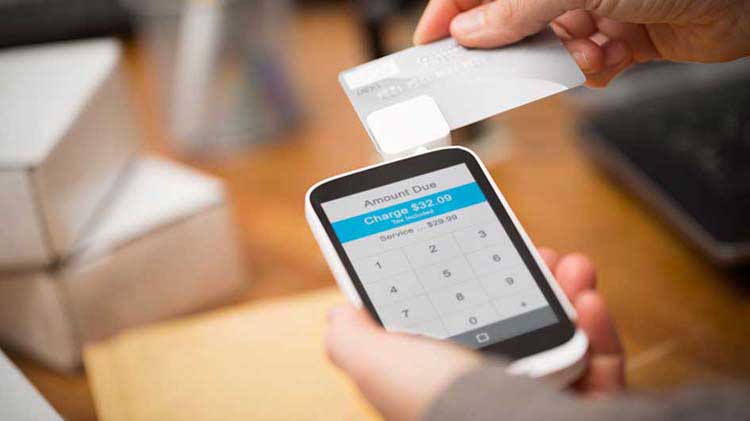Money management strategies for the self-employed
Help streamline your budget and build a stronger financial future for your business with these tactics.
Starting a small business and being self-employed is exciting but requires a lot of time and work. There are many hats or titles a self-employed person can wear on any given day. Chief marketing officer, sales manager, customer service department head, accountant, to name a few.
Multi-tasking, juggling multiple priorities, poor cash flow and the general lack of time/energy are the primary reasons that small businesses don’t thrive. Here are a few business strategies to help your business run smoother.
Separate personal from business
It’s tempting just to use existing personal credit cards and bank and savings accounts for business uses, particularly as you’re getting started. But a separate setup for business income and expenses helps delineate the two, simplifies tax preparation and may help to reduce personal liability.
Consider multiple accounts for your business
One tip for accommodating different business needs — taxes, operating expenses, an emergency fund — is to find a financial institution that allows you to have linked yet separate accounts or funds. Once you do that, automatically divvy up every invoice payment as needed into various accounts.
Figure out a digital record-keeping system you like
What works for you may not work for someone else, so review the options in software programs to find out what fits your accounting style. Some have a small monthly fee but allow you to generate branded invoices and offer payment collection and tracking, account reconciliation and custom reports for tax purposes.
Create an expense tracking routine
It’s imperative to record your business expenses to help reduce your tax burden, but it’s also imperative to maintain accurate records. Save receipts and statements and consider a quick-scan program to keep digital copies as well. Use your digital record-keeping system to collect data and find a tool that helps you track business-related mileage.
E-pay and e-invoice if you can
Switching to these options help you get in the habit of immediate billing and allow people to efficiently send you money. In addition, many online processors integrate with most bookkeeping or invoicing systems to allow for seamless record-keeping collection.
Consider using a tax professional
When you are working for yourself, taxes can be confusing and tricky, involving not only Social Security and Medicare, but 1099s, itemizing and quarterly payments too. Investing in the services of an expert may pay off by saving you time and reducing the possibility for mistakes and fines.
Review your insurance needs
There are many questions you should ask regarding your business and personal insurance coverages. What would you do if you were sued? What if you couldn’t work for a month? What will happen to your business when you die? Contact a State Farm® agent to review coverages such as workers’ compensation coverage, commercial umbrella insurance, disability insurance, life insurance, business and professional liability insurance, health insurance and more.
Save for retirement
There are retirement plan options every business owner should consider. Many self-employed people do not have a plan. Take time to review which retirement savings plan option would be best for you.
Plan for the unexpected
What will happen to your business after you are gone or if you become disabled? Business continuation is an important topic to consider for most small business owners. A will or trust does not always address the central problems created when this happens. This is particularly important when there are stockholders or other people that have an interest in your business.




